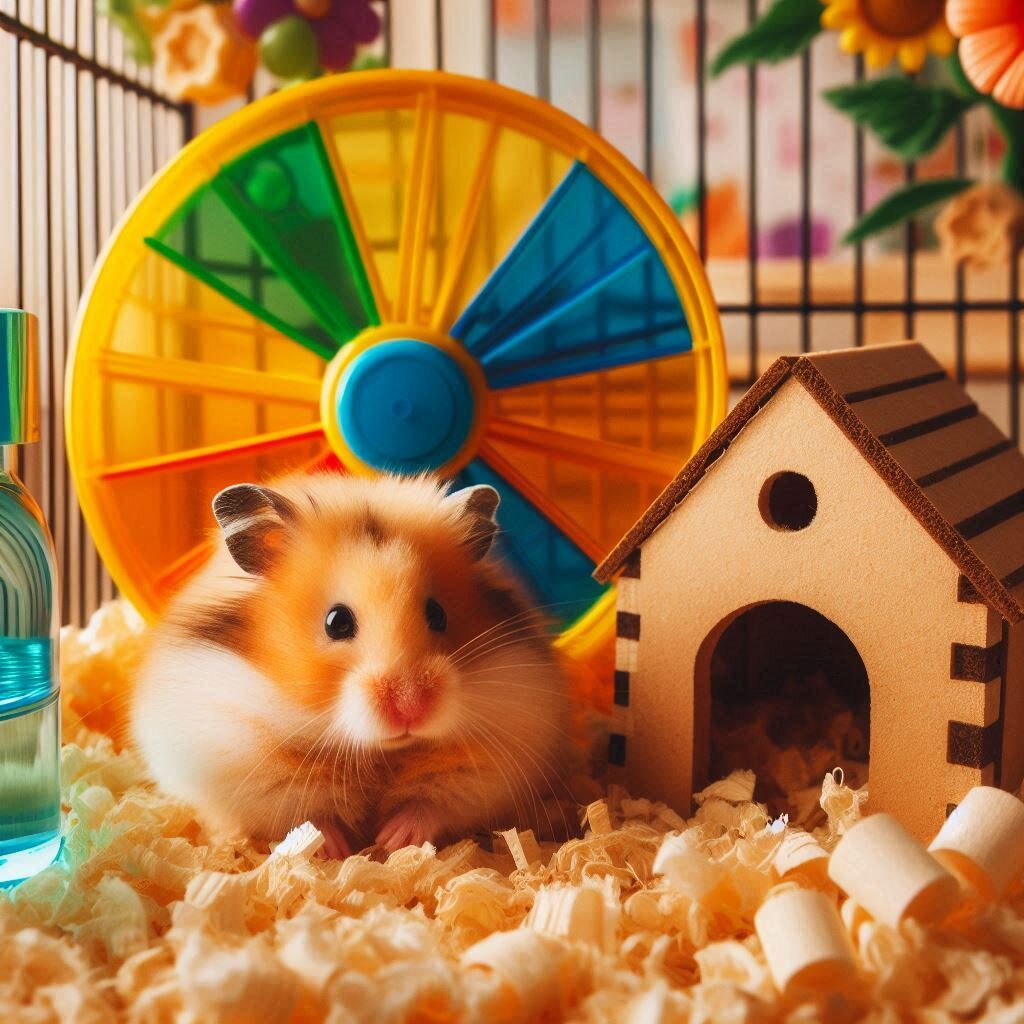Table of Contents
Introduction
Is Ginger Safe for Cats? As more pet owners look for natural remedies to keep their furry friends healthy, ginger has emerged as a popular option. This spicy root is well-known for its benefits in human diets, but when it comes to our feline companions, the question arises: Is ginger safe for cats? In this article, we’ll explore the benefits and risks of giving ginger to cats and guide how to do it safely.
What Is Ginger, Is Ginger Safe for Cats?
Ginger is a flowering plant whose root is widely used as a spice and in traditional medicine. Known for its distinct spicy flavor, ginger is rich in bioactive compounds, such as gingerol, which have potent anti-inflammatory and antioxidant effects. While it’s a staple in human diets for soothing upset stomachs, reducing inflammation, and boosting immunity, the question is whether these benefits extend to our cats.
Is Ginger Safe for Cats, Can Cats Eat Ginger?
The short answer is yes, cats can eat ginger, but it must be given in moderation and with caution. Cats are obligate carnivores, meaning their diets should primarily consist of meat. While ginger isn’t toxic to cats, their digestive systems aren’t designed to handle large amounts of plant material. Therefore, while ginger can offer some health benefits, it should only be a small part of your cat’s diet.
Benefits of Ginger for Cats
Ginger can be beneficial for cats in several ways, particularly for those dealing with specific health issues.
Anti-nausea and Digestive Aid
One of the most well-known benefits of ginger is its ability to soothe the stomach. In cats, ginger can be particularly helpful in alleviating nausea, which may occur due to motion sickness or other digestive disturbances. A small amount of ginger can help settle your cat’s stomach and reduce vomiting.
Anti-Inflammatory Properties
Ginger’s anti-inflammatory properties can be beneficial for cats suffering from conditions like arthritis. Inflammation in the joints can cause pain and discomfort, and ginger’s natural compounds can help reduce this inflammation, potentially improving your cat’s mobility and quality of life.
Antioxidant Properties
Ginger is also a source of antioxidants, which can help fight off free radicals and support overall health. These antioxidants can contribute to a stronger immune system, potentially making your cat more resilient to illnesses.
How to Safely Administer Ginger to Cats
If you decide to introduce ginger into your cat’s diet, Is Ginger Safe for Cats? it’s important to do so safely.
Fresh Ginger vs. Ginger Supplements
Fresh ginger is the most natural form, but it can be difficult to administer because of its strong flavor. Ginger supplements, on the other hand, are more convenient and can be easier to dose. However, you should choose supplements specifically formulated for cats, as human supplements may contain other ingredients that are harmful to pets.
Dosage Recommendations
When it comes to dosing, less is more. Start with a very small amount of ginger, such as a pinch of grated fresh ginger or a tiny bit of ginger powder mixed into your cat’s food. Monitor your cat for any adverse reactions and consult your vet to determine the right dosage based on your cat’s size, age, and health condition.
Methods of Administration
You can give your cat ginger in various ways. Mixing a small amount with their regular food is the simplest method. Some owners make mild ginger tea and mix a small spoonful into their cat’s water. Always ensure the ginger is well-diluted and offered in a way that your cat will accept without stress.
Potential Risks and Side Effects
While ginger can be beneficial, Is Ginger Safe for Cats? it’s essential to be aware of the potential risks and side effects.
Gastrointestinal Upset
Overconsumption of ginger can lead to gastrointestinal upset, including diarrhea, gas, or bloating. If your cat shows signs of discomfort after consuming ginger, discontinue use and consult your veterinarian.
Allergic Reactions
Although rare, some cats may be allergic to ginger. Is Ginger Safe for Cats? Symptoms of an allergic reaction can include itching, swelling, or difficulty breathing. If you notice any of these signs, stop giving ginger immediately and seek veterinary care.
Interaction with Medications
If your cat is on medication, especially for blood pressure or blood thinning, ginger may interact with these drugs. Always consult your veterinarian before introducing ginger if your cat is on any long-term medications.
When to Avoid Giving Ginger to Your Cat
Certain conditions or situations may make ginger inappropriate for your cat.
Pre-existing Health Conditions
Cats with certain health conditions, such as kidney disease, may not tolerate ginger well. Is Ginger Safe for Cats? Ginger can affect blood circulation and may not be suitable for cats with specific cardiovascular issues.
Pregnant or Nursing Cats
Ginger’s effects on pregnant or nursing cats are not well-studied, so it’s best to avoid giving ginger during these times unless directed by a veterinarian.
Alternative Natural Remedies for Cats
If ginger isn’t suitable for your cat, or if you’re looking for other natural remedies, there are alternatives.
Other Herbs and Spices
Herbs like catnip, chamomile, and valerian root are known for their calming effects and are generally safe for cats. These can be used as alternatives to ginger for soothing digestive issues or reducing stress.
Commercially Available Remedies
There are also commercially available natural remedies specifically formulated for cats. Is Ginger Safe for Cats? These products are designed with feline health in mind and may offer a safer, more controlled way to provide natural relief for various conditions.
Consulting Your Veterinarian
Before introducing any new remedy, it’s crucial to consult with your veterinarian. Is Ginger Safe for Cats? They can provide personalized advice based on your cat’s health history and condition. Discuss your interest in using ginger or other natural remedies and ask about potential interactions or side effects.
Common Misconceptions About Ginger and Cats
There are a few myths floating around about ginger and cats that need debunking. One common misconception is that ginger is natural, Is Ginger Safe for Cats? it’s completely safe in any amount. However, natural doesn’t always mean safe; even beneficial herbs can be harmful if misused.
Real-Life Case Studies
Some cat owners have successfully used ginger to help their pets, particularly for digestive issues. For example, a small dose of ginger helped one cat overcome chronic nausea due to motion sickness during car rides. However, there are also cases where ginger causes gastrointestinal upset, underscoring the importance of careful administration.
Conclusion
If used correctly, Is Ginger Safe for Cats? Ginger can be a safe and beneficial addition to your cat’s diet. Its anti-nausea, anti-inflammatory, and antioxidant properties make it a useful natural remedy for certain conditions. However, it’s essential to administer it carefully, starting with small doses and monitoring your cat for any adverse reactions. Always consult your veterinarian before introducing ginger, especially if your cat has existing health conditions or is on medication.
FAQs
1. Is ginger safe for cats?
- Ginger is generally safe for most cats when given in small, controlled amounts. However, it’s essential to monitor your cat for any adverse reactions and consult with a veterinarian before introducing ginger, especially if your cat has underlying health conditions.
2. How often can I give my cat ginger?
- Ginger should be given to cats only occasionally and not as a regular part of their diet. Start with small doses, such as once or twice a week, and observe how your cat reacts. Always consult with a veterinarian to determine the appropriate frequency based on your cat’s specific needs.
3. Can ginger be harmful to cats with sensitive stomachs?
- Yes, ginger can cause gastrointestinal upset in cats with sensitive stomachs if given in large amounts. Signs of discomfort may include vomiting, diarrhea, or gas. If your cat has a history of digestive issues, it’s best to consult your vet before offering ginger.
4. Are there any signs that I should stop giving my cat ginger?
- If your cat shows signs of an allergic reaction, such as itching, swelling, or difficulty breathing, or if they experience persistent vomiting or diarrhea after consuming ginger, stop giving it immediately and consult your veterinarian.
5. What other natural remedies are safe for cats?
- Other safe natural remedies for cats include herbs like catnip, chamomile, and valerian root, which can help with relaxation and digestion. Always research and consult with your vet before introducing any new remedy to ensure it’s safe for your cat’s specific health condition.

